Blackjack is one of the most popular table games in a casino, whether online or in a brick-and-mortar establishment. SlotsandCasino has a number of blackjack games on offer and our players love them. The game is fast and simple, well… mostly, as it does involve some serious thought and strategy. Playing carefully, and taking note of the dealer’s face-up card in relation to your own cards will ensure you give yourself the best chances of beating the house at its own game.
One of the strategies available in blackjack to up your winnings is ‘doubling down’. Doubling down involves increasing your bet by up to 100% after your two cards have been dealt and the dealer’s single face-up card is revealed. When you’ve doubled down, you may only receive one more card ¬– that’s it! Therefore it’s really important that you actually hold two suitable cards, and that these cards are also viable in relation to value of the dealer’s card.
Of course, you can’t double down if you have been dealt a blackjack (an ace plus a 10 or a face card) or everyone would do it and always beat the house! And never double down if the dealer has an ace (unless you’re feeling very lucky). The chances of the dealer getting blackjack are too high to risk doubling down, so it’s not recommended.
So what kind of hand is worth doubling down on? There are three hands where it makes most sense for you to double down on your initial bet. In any of these three options you can’t go bust and are more likely than the dealer to win the hand.
1. You have a hard nine and the dealer’s face-up card is anything from a 2 to a 6. A ‘hard’ nine is a hand of two cards that add up to nine but don’t include an ace, so either 2 and 7, 3 and 6, or 4 and 5. (A ‘soft’ hand includes an ace.)
2. You have hard 10 or 11 and the dealer’s face-up card is lower in value, the probability of winning is in your favour. So a 2 and 8, 2 and 9, 3 and 7, 3 and 8, 4 and 6, 4 and 7, 5 and 5, or 5 and 6 is suitable to double down. While you can’t go bust, the dealer has to hit until they reach at least 17, with a good chance of going bust.
3. The dealer’s face-up card is anything from a 2 to a 6, while you have soft 16, 17 or 18. With the option of counting the ace as a 1 or an 11, you stand a chance of your third card making up a good hand.
These then are the basics of doubling down (and doubling the fun and excitement!). However, depending on the casino, there may be some extra rules about doubling down. Some casinos only allow players to double down when their cards total 10 or 11 – if your hand has any other value, you’ll only be able to play on as normal, other than the chance to split. In addition, most blackjack games make the dealer hit up to 17, but in some the dealer only needs to hit up to 16 – making it a little less likely they’ll exceed 21.
And finally, a note of caution. Doubling down is risky, because if your third card dealt has a low value and (of course) you can’t hit again, you could risk losing twice your original bet. You need to find a balance between playing it safe and knowing when you have a good chance of beating the dealer. Blackjack, like all other gambling games, involves luck as much as any skill you bring to the table.
That said, blackjack is truly one of the best table games for engaging gambling entertainment where the laws of probability meet magic. Good luck!
Current promotions











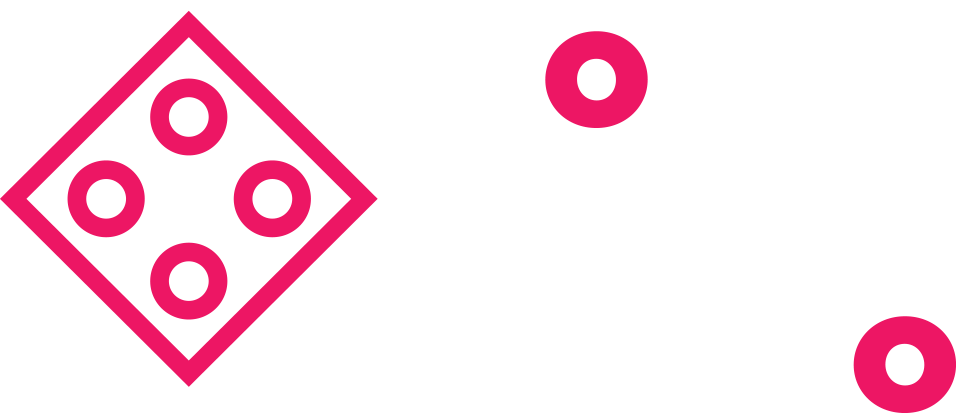

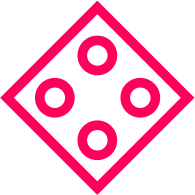
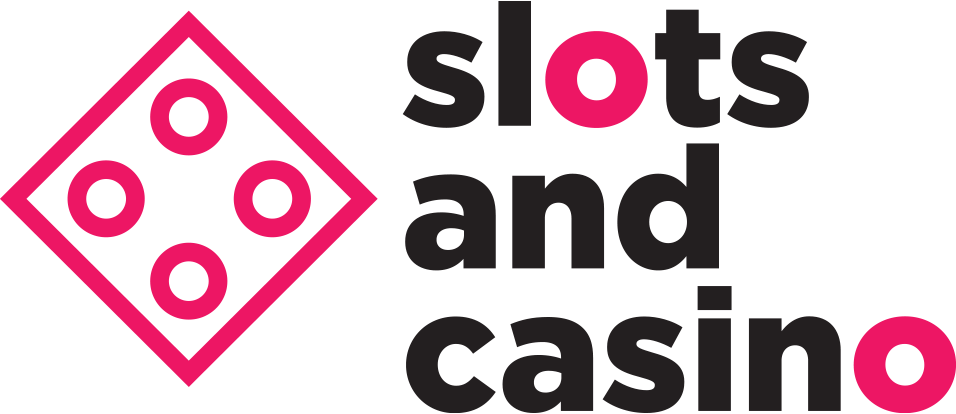




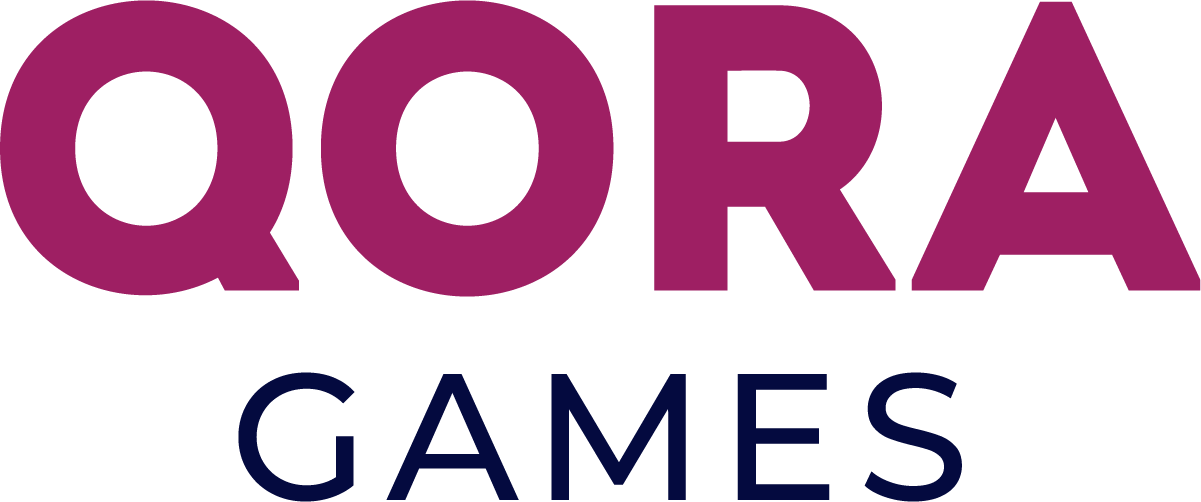















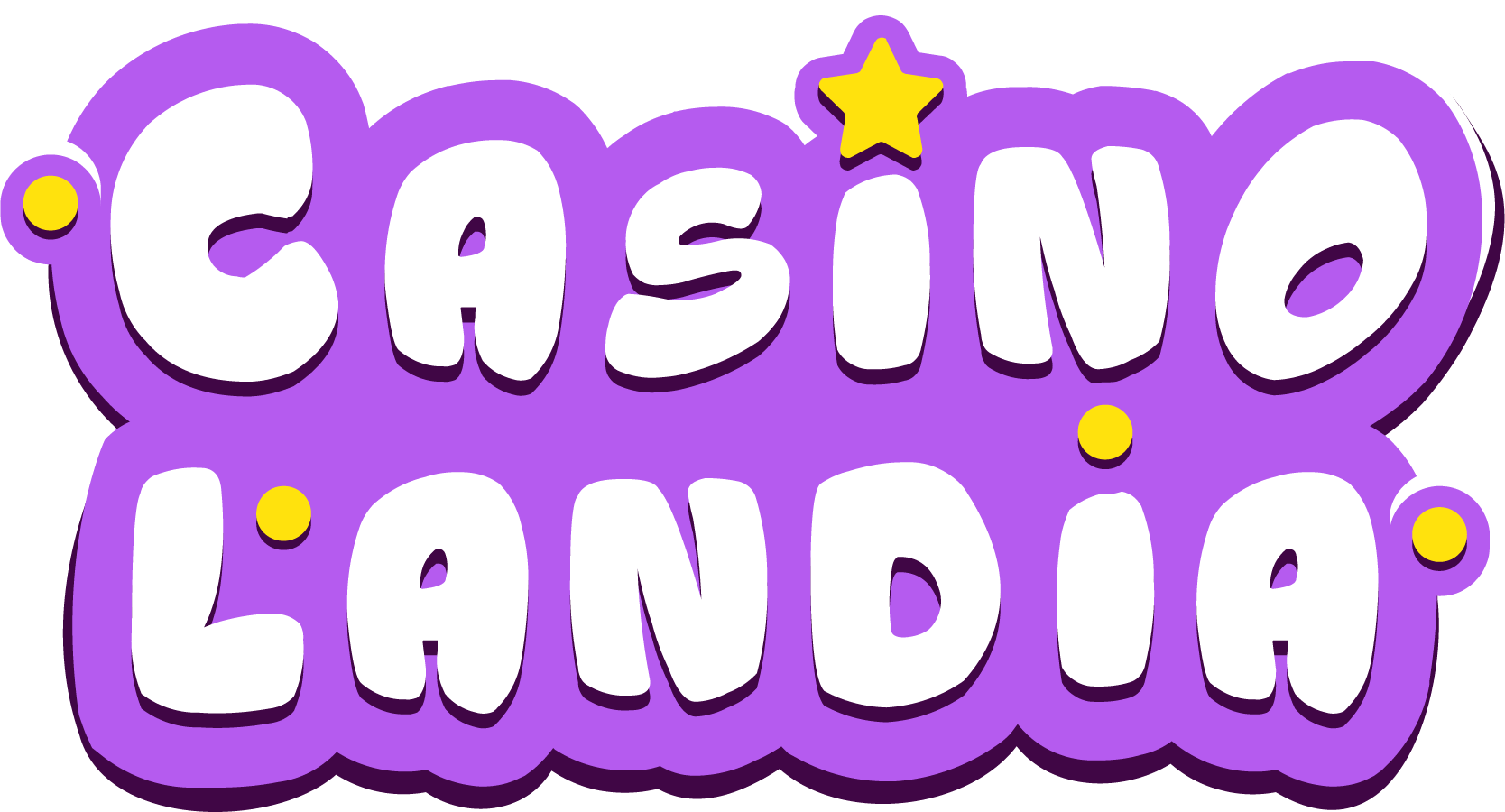




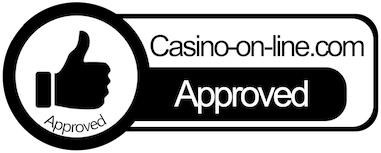


Follow us